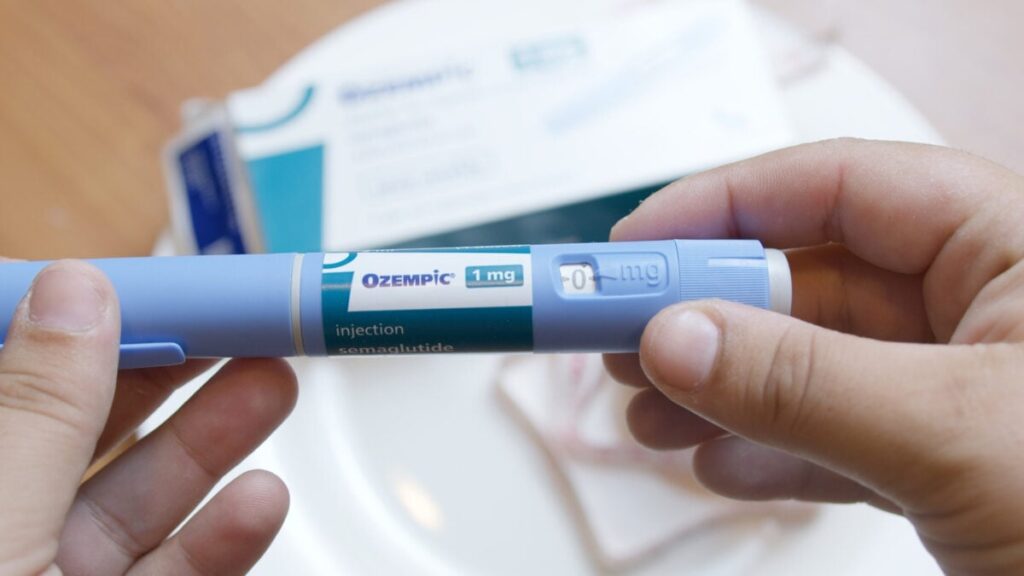
NEW YORK CITY – In a groundbreaking study, researchers have confirmed that bariatric surgery continues to outperform GLP-1 medications in real-world weight loss outcomes.
Immediate Impact
New research from New York University reveals that patients opting for bariatric surgery experience significantly greater weight loss compared to those using the latest GLP-1 drugs, such as semaglutide, known commercially as Ozempic and Wegovy. This revelation comes as a surprise to many in the medical community, given the recent popularity of these medications.
Key Details Emerge
The study, conducted by scientists at NYU, analyzed real-world data from over 50,000 obesity patients. It found that individuals who underwent bariatric surgery lost an average of five times more weight over two years than those prescribed GLP-1 drugs.
On average, surgical patients lost 58 pounds, or about 24% of their total weight, compared to just 12 pounds, or 4.7%, for those on GLP-1 drugs.
Senior researcher Dr. Karan Chhabra, a bariatric surgeon and assistant professor at the NYU Grossman School of Medicine, emphasized the importance of real-world data. “When new drugs hit the market, it’s crucial to wait for real-world evidence to temper expectations,” Chhabra told Gizmodo.
Industry Response
The findings were presented at the American Society for Metabolic and Bariatric Surgery’s annual meeting, sparking discussions on the efficacy of non-surgical treatments. While GLP-1 drugs have shown promise in clinical trials, this study suggests a gap between trial results and real-world effectiveness.
By the Numbers
- 58 pounds: Average weight loss for surgical patients
- 12 pounds: Average weight loss for GLP-1 patients
- 5 times: Greater weight loss with surgery compared to GLP-1 drugs
What Comes Next
Despite the promising results of GLP-1 drugs in clinical settings, the study highlights several challenges in their real-world application. Many patients discontinue these medications due to side effects or high costs, with up to 70% stopping within the first year. Moreover, the lack of supportive care and follow-up in real-world settings may contribute to reduced effectiveness.
Expert Analysis
Dr. Chhabra cautions that while GLP-1 drugs are a valuable tool, they may not match the weight loss achieved through surgery. “Patients need to manage their expectations and understand the lifelong commitment required for GLP-1 therapy,” he explained. “We currently lack protocols for maintaining weight loss after stopping these drugs.”
Background Context
Bariatric surgery has long been the gold standard for obesity treatment, with procedures like sleeve gastrectomy and gastric bypass leading to substantial and lasting weight loss. However, the emergence of GLP-1 drugs has shifted the landscape, offering a non-surgical alternative with additional health benefits.
While GLP-1 medications have shown effectiveness in clinical trials, this study underscores the importance of setting realistic expectations for patients considering these treatments.
Future Implications
As researchers continue to explore the reasons behind the disparity between clinical and real-world results, the study’s findings may influence future treatment guidelines and patient counseling. Dr. Chhabra and his team plan to delve deeper into the data to better understand the factors affecting GLP-1 drug efficacy.
Ultimately, the choice between surgery and medication will depend on individual patient circumstances, preferences, and resources. As the medical community digests these findings, the conversation around obesity treatment is likely to evolve, emphasizing the need for personalized care and informed decision-making.







